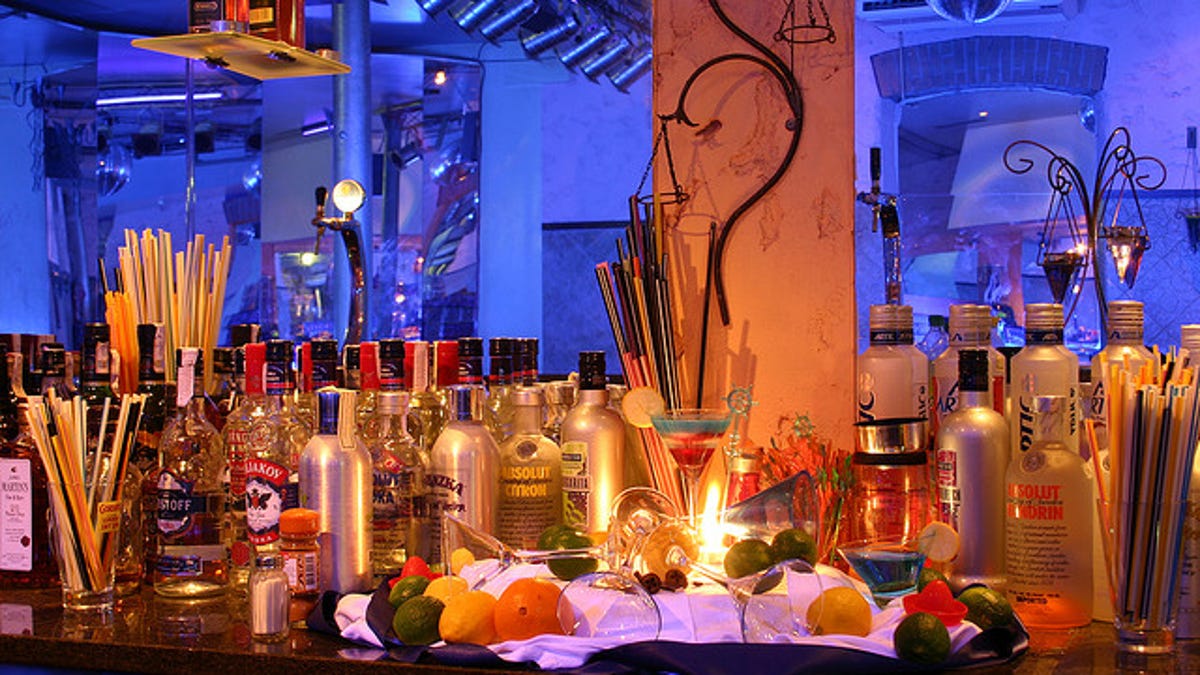Mardi Gras hangover? Scientists suspect it won't slow you down
We celebrate, and we pay the price. You might think that having a tough "morning after" would lead people to swear alcohol off for a while. But a new study suggests that might not be the case.

Have you ever woken up with a hangover so bad you've sworn that you'll never drink again? Me too. Now researchers may be finding hints of what you and I have long known...that no matter what we say, or how we feel, our hangovers likely have very little to do with how soon we'll drink again.
The cross-university study, which will be published in the May 2014 online-only issue of Alcoholism: Clinical & Experimental Research, followed 386 drinkers (about evenly split male and female) who were asked to report on their drinking behaviors and the mornings that followed by keeping electronic diaries for 21 days. In total, the study participants, described as "community-based frequent drinkers," logged 2,276 drinking episodes, with 463 of them resulting in self-reported hangovers.
The drinkers were also asked to report on how likely they were to drink later that same day. The researchers were looking to see if hangovers made further short-term drinking either more or less likely -- to see if people tried "hair of the dog" drinking to make themselves feel better, or if feeling bad the morning after would discourage drinkers from partying again later that day.
What they found was, according to Thomas M. Piasecki, a professor in the Department of Psychological Sciences at the University of Missouri, "it was striking that ratings made on hangover and non-hangover mornings did not differ. Even when the drinkers were acutely suffering a hangover, it didn't seem to affect their conscious drinking intentions."
Undaunted by pain, partiers were ready for more. Or at least claimed to be ready: there could be social pressure for hard-drinking students to proclaim themselves ready to drink again.
According to another study author, Damaris J. Rohsenow, professor of behavioral and social sciences at Brown University School of Public Health, the research can have applications for counselors working with patients who have issues with alcohol. "The message here for clinicians," she said in a statement, "is that it is probably a waste of time to discuss hangovers when trying to motivate a problem drinker to drink less or drink less often."
The researchers also found something else that many a barfly (or college student) has also long known -- that the fun of a night of body shots isn't entirely eclipsed by a headache and dry mouth the next morning. Piasecki explained of the surveyed group that those with hangovers "also tended to experience more pleasure from drinking the night before, and those immediate pleasurable effects are likely to drive drinking decisions more than expecting an unpleasant hangover would."
Rohsenow said, "The pain of hangover is temporary, and may be considered a nuisance rather than an important negative consequence. Some studies show that younger drinkers do not consider hangovers to be a negative experience, and that many drinkers are willing to experience hangovers time after time."
Apparently, these positive associations are strong enough for some people that they can even overpower currently experienced physical misery and make another drink sound good. Of course, college students often have a different relationship to alcohol than the rest of the world.
Still, my personal research bears all this out. How about yours?

